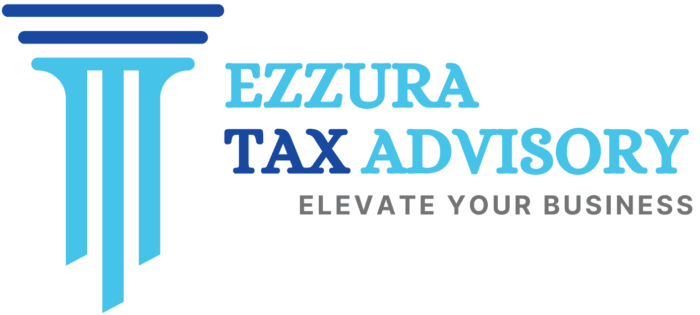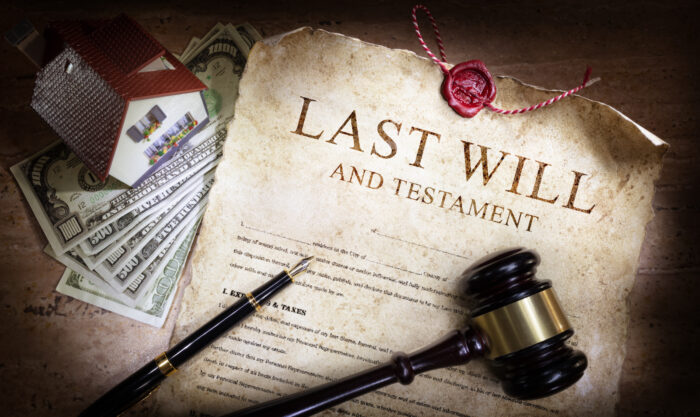Capital Gains Tax | Accountant Fremantle Nedlands Perth
Maximising Main Residence Exemption for Optimal Tax Benefits In House Sales
As the property market thrives, homeowners are seizing the opportunity to cash in on their houses and reaping substantial profits. Generally, the profit on the sale of your house is not taxable if you qualify for the full main residence exemption. However, if you have used your house for income-producing purposes, you may only qualify for a partial main residence exemption. In this article, we delve into the intricacies of the main residence exemption. However, the scope of the article does not extend to a property acquired through a marriage breakdown, a deceased estate, or a disposal under a compulsory acquisition.
Foreign Residents
The main residence exemption is not available to an excluded foreign resident or a foreign resident who does not experience a life event.
An excluded foreign resident is a foreign resident who has been a non-resident of Australia for a continuous period of more than 6 years. However, a foreign resident who has not left Australia for more than 6 years may qualify for the main residence exemption if they, their spouse, or their children under 18 have experienced a terminal medical condition or passed away during the foreign residency period.
Unfortunately, determining the tax residency of an individual is complex and depends on multiple factors. There is no bright line test for determining Australian tax residency. An incorrect assessment of tax residency can significantly impact the calculation of capital gains tax.
Dwelling
To qualify for a main residence exemption, the property used as your main residence must meet the criteria of a dwelling. Dwelling under s 118.115 of the Income Tax Assessment Act 1997 includes a unit of accommodation in a building that consists wholly or mainly of residential accommodation, a unit of accommodation that is a caravan, houseboat or other mobile home, and any land immediately under the unit of accommodation. However, the exemption does not extend to any land adjacent to a building except for an adjacent land that meets the conditions discussed in the next section.

Adjacent Land
The capital gain realised on the adjacent land to a dwelling can qualify for the main residence exemption if all the following conditions are satisfied:
- The land was disposed of together with the dwelling
- The land was used primarily for private or domestic purposes in association with the dwelling
- The maximum area of adjacent land covered by the exemption is 2 hectares including the land immediately under the dwelling.
This means an adjacent land of the dwelling that is sold separately from the house, will not qualify for the main residence exemption.
Furthermore, the capital gain on the compulsory acquisition of land adjacent to your main residence or a dwelling that passed to you through a deceased estate can generally be disregarded to the extent the land was used primarily for private or domestic purposes in association with the dwelling. This is provided that the maximum area of the land does not exceed 2 hectares, and the capital gain was not realised when you were a foreign resident.
Changing main residences
When you acquire a new house and still own your previous house, both properties can be treated as your main residence until the ownership interest in your previous house ends, up to a maximum period of 6 months. To qualify for this special rule, your previous house must be your main residence for at least 3 months continuously within the 12 months preceding the end of your ownership interest. Additionally, your previous house cannot be used for deriving income in the last 12 months.
Building, repairing or renovating
If you build, repair, or renovate a house, you have the option to treat the land as your main residence from the time of its acquisition up to a maximum of 4 years before the house becomes your main residence. To qualify for this special rule, the following conditions must be satisfied:
- You move into the house as soon as practicable after the completion of the construction; and
- The house is used for your main residence for at least 3 months
The maximum period of 4 years is shortened if there was an existing dwelling on the land when you acquired the property and the dwelling was occupied by you or someone else. Additionally, a special rule applies if the individual owner dies during the construction of the dwelling or the dwelling is accidentally destroyed.
Absence rule
When you cease to use your house as your main residence, the generous absence rule allows you to choose to continue treating it as your main residence for up to 6 years. Remarkably, this 6-year absence rule is even reset if you decide to move back into the house.
If you do not use the house for income-producing purposes, you can continue to treat your house as your main residence indefinitely.
It is important to note that making this choice means you cannot choose any other house as your main residence, except during the period of changing main residences.
A special rule applies if the dwelling was compulsorily acquired or destroyed.
First use to produce income rule
Generally, you will get a partial exemption on the capital gain realised on the sale of your main residence if it was used for income-producing. However, you can benefit from a market value uplift if the house was used for income-producing purposes after 20 August 1996 and you would have got a full exemption before it was first used to produce income. Under this rule, you are deemed to have acquired the house for market value at the first time it was used to produce income. This rule may not be advantageous if the market value has decreased since its purchase.
Who can access the main residence exemption?
It is important to note that the principal residence exemption is only available if the property is held under individual names. Property that is held under a name other than that of individuals, does not qualify for the main residence exemption, even if it is used as a main residence.
Special rules also come into play if your spouse or dependent child has a different main residence, or if the house was acquired through a marriage breakdown or a deceased estate.
The information provided in this article is intended for general informational purposes only and does not constitute legal or professional advice. This article is based on the current tax laws at the time of writing, and the application of specific provisions may vary depending on individual circumstances. It is crucial to consult with a qualified tax professional or legal advisor to obtain accurate and current advice tailored to your specific situation. Any reliance on the information presented in this context is at your own risk, and we disclaim any liability for actions taken or not taken based on the content provided. Always seek professional advice before making decisions related to tax matters.





